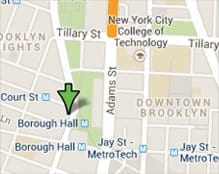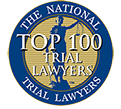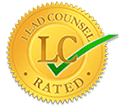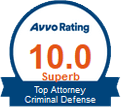Crossing the line into white-collar crime
The love of money, they say, is the root of all evil, and many a convicted white-collar criminal just might admit it was love of the green stuff that got them into trouble. New York businessmen and businesswomen have access to some of the most lucrative financial resources in the world, so why not take a look at some of the lines they may easily cross into fuzzy fiscal dealings?
Cornell Law School’s Legal Information Institute sheds light on activities that fall into unlawful territory. Some are credit card fraud, using an account with the intent to evade paying the bill; tax evasion, attempting to find a way out of writing a check for taxes owed; antitrust violations, seeking to suffocate the competition and create a monopoly; and kickbacks, receiving inappropriate benefits from clients or competitors. Embezzlement, telemarketing scams, insider trading and other actions also fall into this category.
Often, according to the Institute, the complexity of the cover up means prosecutors have a difficult time following the trail of transactions and uncovering the original source. Sometimes the government sanctions corporations in addition to the individuals they believe committed the offense. Fines, restitution and imprisonment are three options prosecutors pursue when going after alleged white-collar offenders.
The Federal Bureau of Investigation adds to the conversation, debunking the myth that white-collar offenses are “victimless crimes.” The Bureau is emphatic that casualties of fraud include the investors who bought into an organization’s vision and poured valuable resources into it. Families of alleged perpetrators also suffer amid news coverage and courtroom proceedings that follow charges. Finally, the FBI says, corporations lose.
Office Location
Neil S. Ruskin
188 Montague Street Suite 900
Brooklyn, NY 11201
Local: (718) 237-1547
Fax: 718-875-4011












